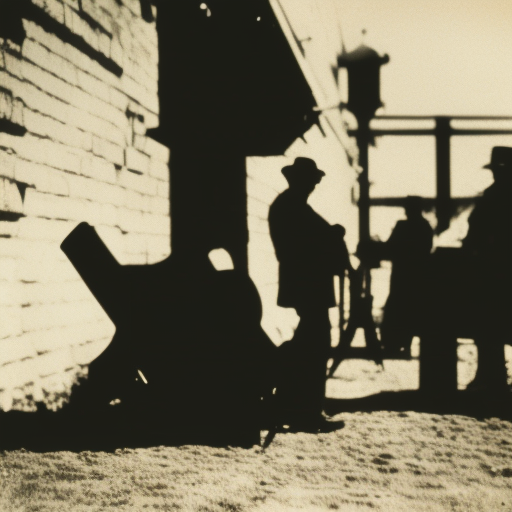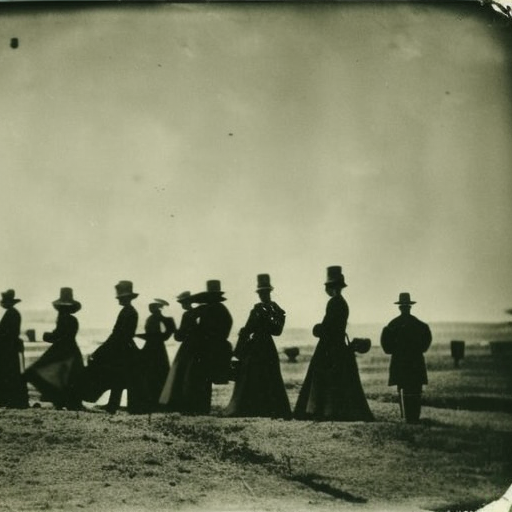The Dual Alliance (1879)
The Dual Alliance, formed in 1879, was a defensive military alliance between the German Empire and the Austro-Hungarian Empire. It was a response to the growing influence of Russia in Eastern Europe and aimed to maintain the balance of power in the region. The alliance was a significant development in European politics and had far-reaching consequences for the continent.
Background:
In the late 19th century, Europe was experiencing a period of intense rivalries and power struggles. The German Empire, under the leadership of Chancellor Otto von Bismarck, sought to protect its interests and maintain stability in the region. Bismarck was concerned about the expansionist ambitions of Russia and wanted to prevent any potential threat to Germany and its allies.
Formation of the Dual Alliance:
In 1878, the Congress of Berlin was held to address the aftermath of the Russo-Turkish War. Bismarck, recognizing the need for a strong alliance against Russia, negotiated a defensive treaty with Austria-Hungary. The Dual Alliance was signed on October 7, 1879, and it stipulated that both countries would come to each other’s aid if attacked by Russia or if Russia supported any hostile actions against either nation.
Terms of the Dual Alliance:
The Dual Alliance had several key provisions. First, it was a defensive alliance, meaning that both Germany and Austria-Hungary agreed to support each other in the event of an attack. Second, the alliance was secret, and its existence was not made public until 1882. This secrecy was intended to prevent other powers, particularly Russia, from knowing the extent of the alliance’s military capabilities. Finally, the alliance did not require either country to provide military assistance if the other party was the aggressor.
Impact of the Dual Alliance:
The Dual Alliance had a significant impact on European politics. It effectively isolated Russia and limited its influence in Eastern Europe. The alliance also provided a sense of security for both Germany and Austria-Hungary, as they now had a powerful ally to rely on in case of conflict. This allowed Bismarck to focus on other diplomatic initiatives, such as the formation of the Triple Alliance with Italy in 1882.
Consequences:
The formation of the Dual Alliance had far-reaching consequences for European history. It contributed to the complex system of alliances that would eventually lead to the outbreak of World War I. The alliance system created a delicate balance of power, with each country relying on its allies for support. This system would prove to be fragile, as the assassination of Archduke Franz Ferdinand of Austria-Hungary in 1914 triggered a chain reaction of alliances that ultimately led to the war.
Conclusion:
The Dual Alliance, formed in 1879 between Germany and Austria-Hungary, was a defensive military alliance aimed at countering the growing influence of Russia in Eastern Europe. It had a significant impact on European politics, isolating Russia and providing security for its members. However, the alliance system it helped create would eventually contribute to the outbreak of World War I. The Dual Alliance remains an important milestone in European history and a testament to the complex dynamics of power and diplomacy in the late 19th century.












